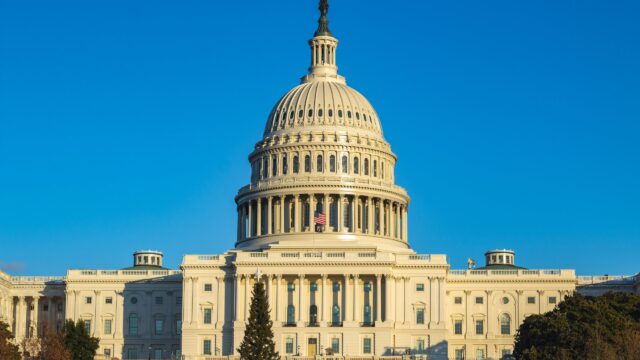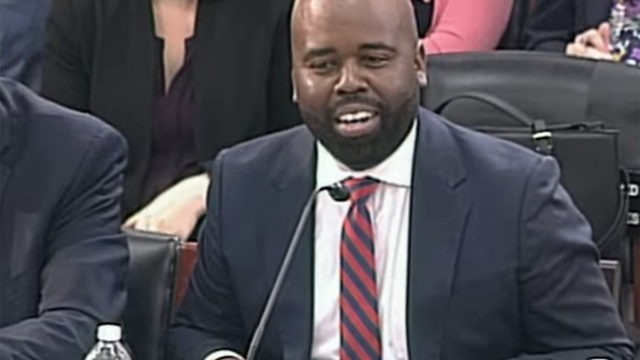BCHC comments on the PAHPA reauthorization discussion draft
July 2023

BCHC issued comments to the Senate on the Pandemic and All-Hazards Preparedness Act (PAHPA) reauthorization discussion draft that was released on July 3.
Public Health Emergency Preparedness program
BCHC supports the reauthorization of the PHEP program and the inclusion of pandemic response planning as a PHEP grantee responsibility to reflect the need to plan for pandemics beyond influenza. BCHC also recommends:
Improving medical readiness and response capabilities
BCHC supports the reauthorization of the HPP program. The draft creates an additional criterion (C) for eligibility for healthcare preparedness cooperative agreements and grants. It is unclear whether this additional criterion, as drafted, would prevent state and local public health departments from administering healthcare preparedness cooperative agreements and coordinating preparedness efforts with healthcare partners in the jurisdiction. It is critical that the role of public health in the healthcare preparedness enterprise not be diminished. BCHC also recommends:
Enhancing domestic wastewater surveillance for pathogen detection
Our members have embraced this important disease detection tool working in collaboration with their local water authorities. The discussion draft does not include an authorized funding amount for this program. It is critical that sufficient authorization level be provided to the Wastewater Surveillance System program to realize an effective, nationwide system, and that this authorization is in addition to the existing Epidemiology and Laboratory Capacity (ELC) funding authorization; not a component thereof. As to reporting requirements, we would encourage that CDC consult with local health departments on the data to be collected across jurisdictions, what data are publicly available and by whom they are made available.
Medical countermeasures (MCM) for viral threats with pandemic potential
BCHC supports the authorization of MCM development for viral threats with pandemic potential. It is important that there is dedicated funding for BARDA to carry this out. BCHC recomends:
Public Health Emergency Medical Countermeasures Enterprise (PHEMC)
BCHC lauds the inclusion of language to allow information sharing with state, local and tribal public health departments. BCHC recommends:
Pilot program for public health data availability
BCHC appreciate the inclusion of the public health data pilot program as a first step in strengthening public health data availability. However, BCHC urges the inclusion of the Improving Data Accessibility Through Advancements in Public Health Act or Improving DATA in Public Health Act (H.R. 3791) that promotes coordination between federal agencies to share critical public health data used to prepare for and respond to public health emergencies.
Temporary reassignment of State and local personnel during a public health emergency
BCHC supports reauthorizing temporary reassignment of federally funded staff in the event of an emergency. BCHC also recommends:
Public Health Workforce and Infrastructure
While the PAHPA reauthorization draft contains many critical provisions, the discussion draft does not provide sufficient support to rebuild and expand the nation’s public health and health care workforces. Along with the ongoing shortage of healthcare workers, persistent cuts to public health funding over the past decade have drastically shrunk the local public health workforce, contributing to a national crisis. BCHC highlights the importance of authorizing and investing in the governmental public health workforce and infrastructure that is critical to being response ready for everyday public health challenges and the next large-scale public health emergency. The Public Health Infrastructure Saves Lives Act (S.1995) would establish a Core Public Health Infrastructure Program at the Centers for Disease Control and Prevention (CDC), awarding grants to state, local, tribal and territorial health departments to ensure they have the tools, workforce, and systems in place to address existing and emerging health threats and reduce health disparities. BCHC also recommends:
Adult Vaccine Program
A comprehensive vaccine infrastructure is needed to immunize all Americans against infectious disease threats. PAHPA should authorize a Vaccines for Adults program, which would support access to Advisory Committee on Immunization practices (ACIP)-recommended routine and outbreak vaccines at no cost. While the existing National Vaccine Program or 317 is a critical support mechanism, it is not sufficiently funded to support vaccination for all uninsured and underinsured adults. Even with the improvements in access to adult vaccines in Medicare Part D, Medicaid, and CHIP, there are still significant gaps in coverage and infrastructure for adults that leave Americans vulnerable to vaccine-preventable diseases, both routine and emergent.
Read the comments
Download now Read the comments
